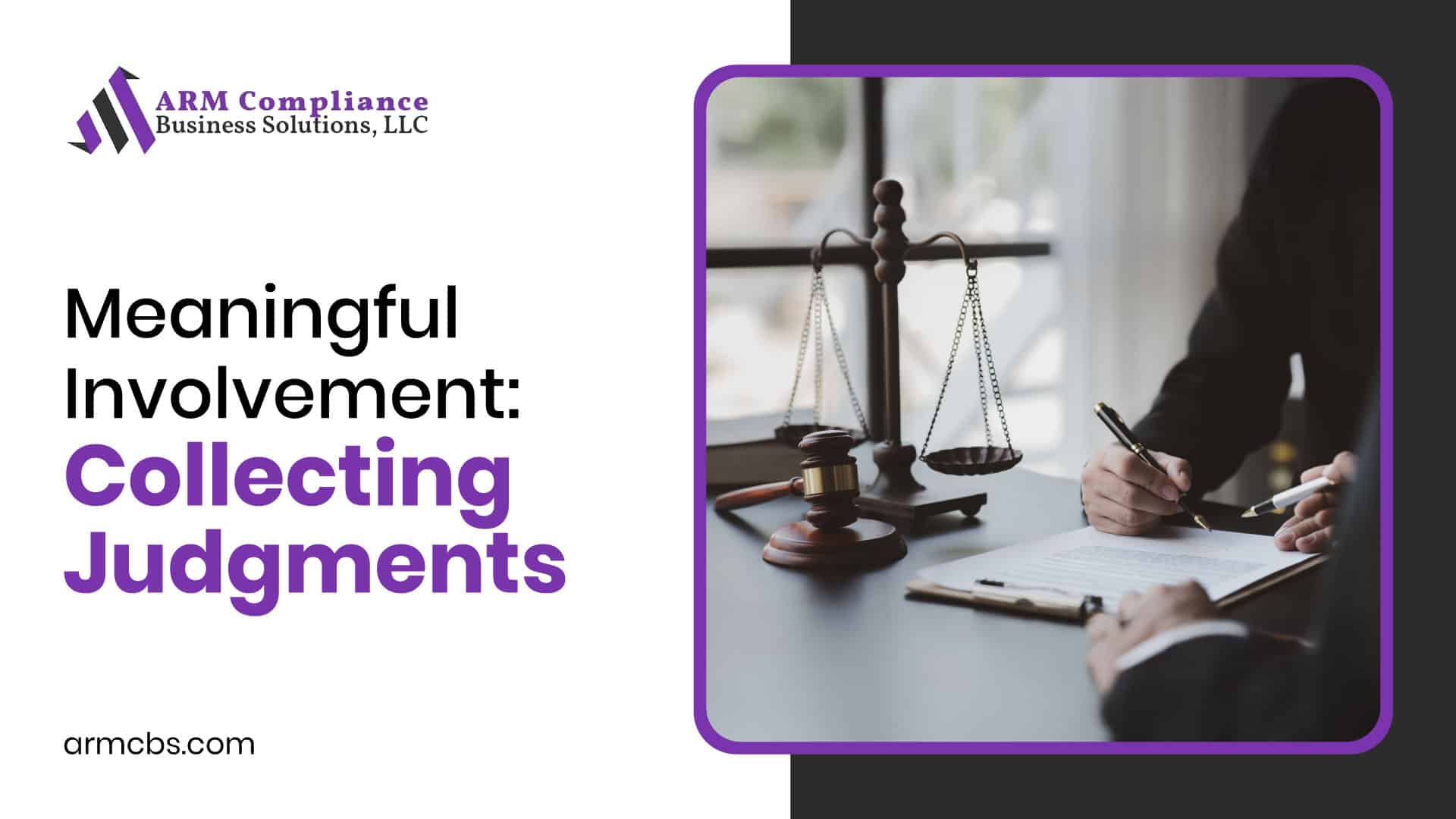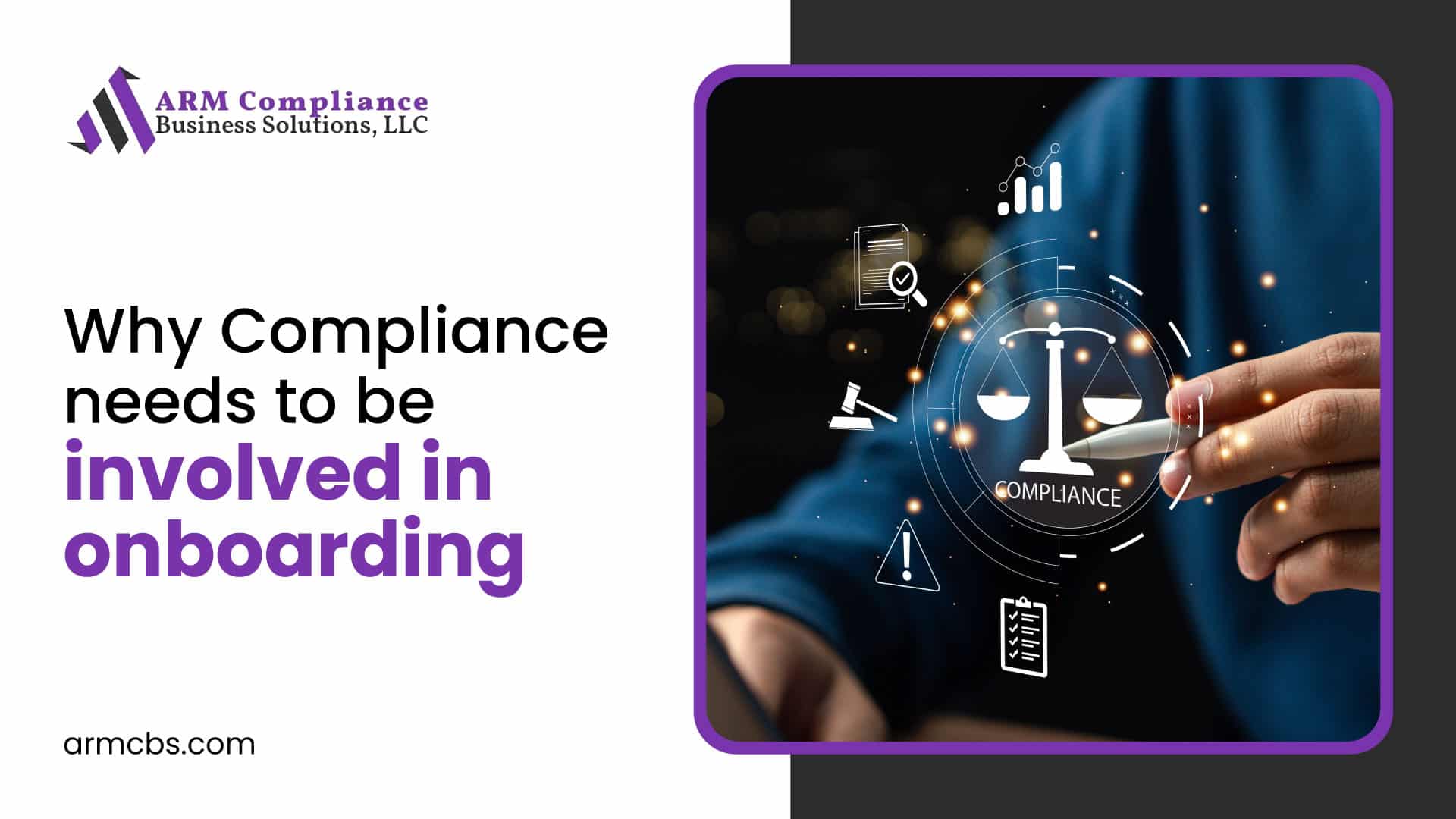Abstract
Professional development in debt collection requires more than subject matter knowledge or target-driven performance. To advance in today’s regulatory and consumer-focused environment, practitioners must master clear written communication, improve verbal interaction skills, and develop the emotional intelligence necessary for leadership. These foundational competencies enable collections professionals to meet evolving compliance standards, drive team performance, and increase consumer engagement.
Rethinking Professional Advancement in Debt Collection
The debt collection industry continues to evolve rapidly, influenced by increased regulatory scrutiny, digital transformation, and changing consumer expectations. Amid this landscape, collectors, compliance managers, and agency leaders must not only keep pace with legal changes but also invest in broad professional development to stay relevant.
Historically, professional growth in the collections sector has been narrowly viewed through the lens of meeting call quotas or delivering recoveries. However, with the expansion of compliance obligations and a rising demand for ethical engagement strategies, the path to advancement increasingly hinges on interpersonal skills, self-awareness, and the ability to communicate effectively—both in writing and in speech.
There is also a growing acknowledgment that professional development is not just an individual responsibility. Organizations must cultivate a culture that encourages growth, provides resources for learning, and rewards those who demonstrate commitment to refining their craft. With increasing demands for transparency and ethical conduct, it’s no longer sufficient for team members to just “do the job.” They must also be prepared to represent the organization’s values, uphold its reputation, and navigate complex regulatory requirements with confidence.
Writing: The Compliance and Credibility Connector
One of the most underdeveloped yet mission-critical skills in collections is writing. Whether it’s internal documentation, compliance reporting, or consumer correspondence, written communication forms the backbone of professional interactions in our space.
In compliance, writing is a risk mitigation tool. Poorly written dispute responses or unclear policy documentation can expose agencies to legal risk. In leadership, writing influences perception and credibility. A poorly constructed internal memo can impact morale, just as a clear and empathetic email can de-escalate a consumer concern. Those looking to grow in the industry must take ownership of this skill and treat business writing as a form of professional currency.
Even in an era of voice analytics and automation, the ability to draft clear, concise, and professional written content remains a differentiator. It empowers compliance officers to communicate regulatory expectations across teams and enables collection managers to build trust with clients and regulators.
Furthermore, written communication often leaves the longest-lasting impression. Emails, policies, and case notes are archived, revisited, and sometimes used in audits or court proceedings. A single poorly worded sentence can undermine the integrity of a consumer interaction or trigger a compliance review. On the other hand, articulate, consistent documentation provides clarity, protects the organization, and showcases professional competence.
For example, a collector handling a consumer dispute should be trained to respond not only with the correct legal disclosures but with clarity and empathy that reflect professionalism. Consider the difference between:
“Your dispute has been noted” and “Thank you for your communication. We’ve carefully reviewed your concerns and documented your dispute for further evaluation in accordance with our procedures.” The latter builds trust and reduces escalation.
For employees, sharpening writing skills opens doors to cross-functional roles, from training to client-facing reporting. For organizations, encouraging writing skills development enhances clarity across operations and reduces the likelihood of compliance errors.
Communication Skills as a Leadership Foundation
Verbal communication is the lifeblood of the collections industry. While scripts and talk-offs provide a structure for consumer interaction, the professionals who excel are those who communicate with clarity, empathy, and confidence. This holds true in interactions with consumers, colleagues, and clients alike.
In the collections context, improving communication skills in collections means more than just choosing the right words. It’s about understanding tone, adapting your message to different audiences, and knowing when to speak and when to listen. These are not just soft skills; they are strategic advantages.
When managers lead with strong communication, they build alignment across teams. When collectors approach conversations with empathy and confidence, they resolve disputes faster and more amicably. And when executives communicate their vision clearly, they create buy-in that drives performance across the organization.
Let’s take a real-world example: a collector speaking with a consumer about a past-due account might say, “You need to pay this now.” Or, they could say, “Let’s review the options that may help bring your account current in a way that works for you.” The second version fosters collaboration and reduces friction.
Mastering verbal communication also improves negotiation outcomes. Consumers are more likely to cooperate with representatives who make them feel heard and respected. Internally, team members are more likely to engage when managers express feedback constructively.
Emotional Intelligence: The Differentiator in Leadership Trajectories
Technical skills might get someone hired, but it’s emotional intelligence that gets them promoted. Emotional intelligence (EQ) is the ability to recognize, understand, and manage your own emotions while being aware of the emotional context of others. This is crucial in collections, where tension and frustration are part of the landscape.
High-EQ professionals are better at handling escalations, managing team dynamics, and navigating client relationships. They excel at coaching, because they can identify what motivates others. They build better consumer experiences, because they understand the importance of emotional regulation during interactions.
Business writing best practices in collections also benefit from EQ. Understanding the emotional undertone of a consumer dispute can help shape a written response that is both compliant and compassionate. Likewise, emotionally intelligent managers write feedback that builds up rather than tears down.
Leadership requires a high level of emotional literacy. Whether resolving internal conflicts, mentoring new staff, or managing stressful deadlines, those with a high EQ are more resilient, adaptable, and successful. As the collections industry continues to confront staffing shortages and employee burnout, emotional intelligence is not just beneficial—it’s critical to sustainability.
For those new to the field, recognizing when stress is escalating during a call and having the self-awareness to de-escalate can mean the difference between a resolution and a complaint. EQ is not a buzzword—it’s a practical tool used on every call, in every team meeting, and in every coaching conversation.
What This Means for Collectors on the Front Line
These insights aren’t just for supervisors and executives. Collectors themselves stand to benefit directly from investing in communication, writing, and emotional intelligence.
Collectors who write better notes help protect the agency and reduce compliance risk. Those who communicate clearly over the phone close more accounts. And those who manage their emotions well, become trusted team members and future leaders.
Professional development doesn’t have to mean formal training programs. It can start with reading a book on writing style, role-playing calls with a peer, or asking for feedback on how you sound to consumers. These small actions compound into bigger opportunities over time.
Building a Culture of Skill-Based Development
For organizations seeking to future-proof their workforce, the path forward lies in institutionalizing professional development. Training programs should no longer be limited to onboarding or compliance refreshers. Instead, firms should invest in communication workshops, writing labs, and leadership coaching.
Culture plays a significant role in whether these skills are nurtured. Teams that value reflection, discussion, and development are more likely to retain top talent and cultivate strong internal leaders. Professional development must become part of the company’s DNA—not just a quarterly checkbox.
Organizations must also empower managers to identify and develop talent. This includes setting clear expectations, offering growth opportunities, and recognizing non-technical contributions like coaching, writing, and conflict resolution. When leadership rewards these soft skills, employees are more likely to invest in them.
Creating mentorship pipelines, investing in continuing education, and aligning development programs with measurable goals are all ways to turn skill-building into business outcomes.
Executives should also consider tracking metrics related to writing clarity, consumer satisfaction, and resolution rates tied to communication. These KPIs can help link professional development to organizational performance.
Looking Ahead: Elevating Collections Through People
As we embrace technology and expand automation in collections, it becomes even more important to invest in human skills. The future of our industry is not just digital—it is also deeply interpersonal.
Professional development in debt collection must prioritize communication, business writing, and emotional intelligence if we are to build ethical, effective, and resilient organizations. These are not abstract ideals—they are measurable, coachable, and essential components of long-term success.
As our regulatory environment becomes more complex and consumer expectations rise, these human-centered skills will determine who thrives—and who stagnates. Now is the time to elevate the people behind the process.
Author Bio
Debra Ciskey is a respected industry leader and consultant with ARM Compliance Business Solutions, where she helps receivables organizations build stronger compliance programs through professional development, leadership training, and regulatory strategy. With decades of experience in debt collection and compliance operations, Debra is known for her focus on people-first leadership and skill-based coaching.





